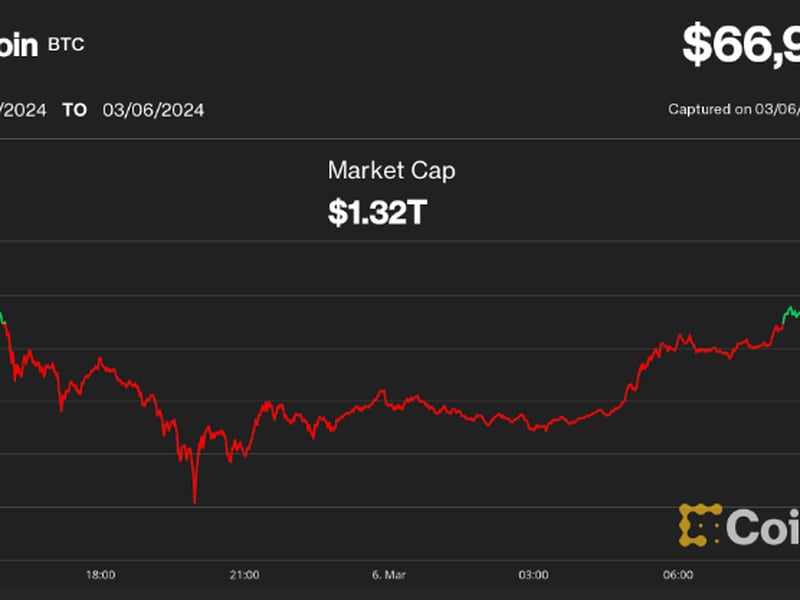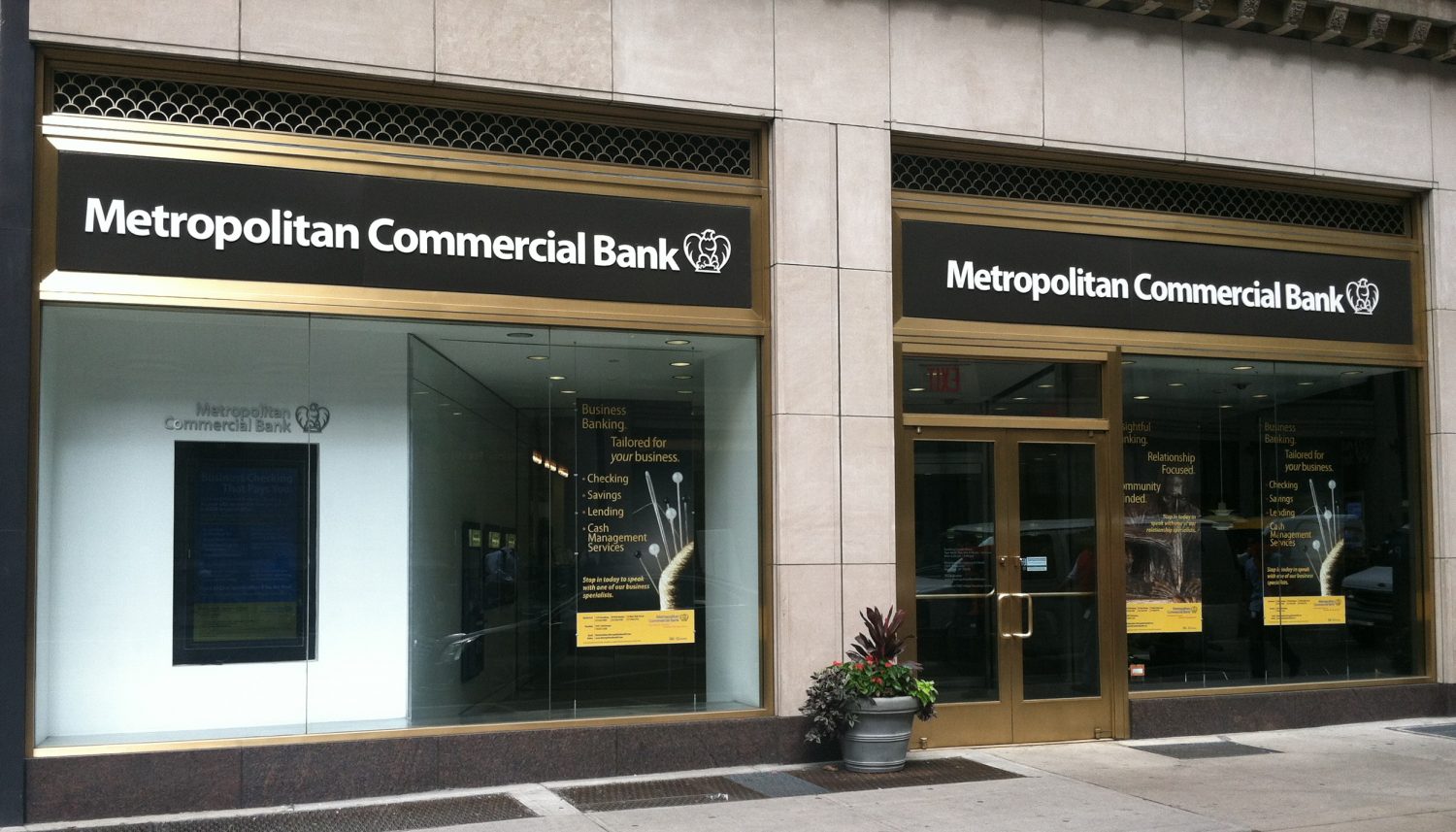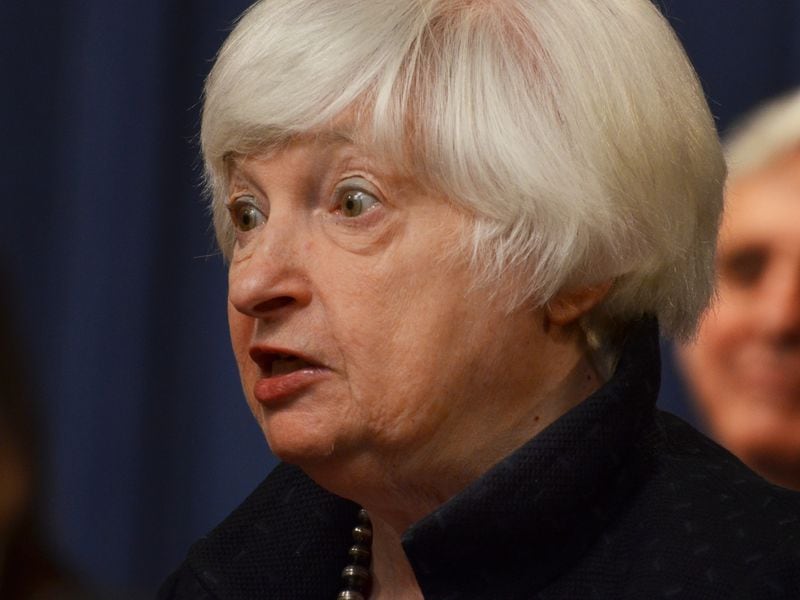The Crypto Industry Remains Mostly Unengaged in Election 2020
The Crypto Industry Remains Mostly Unengaged in Election 2020
The crypto industry appears largely uninvolved in this year’s election, beyond their normal, ongoing efforts to seek friendly regulations and laws in Washington D.C.
According to Federal Election Commission (FEC) data, employees at 10 significant firms to the cryptocurrency space – including Coinbase, Ripple, Andreessen Horowitz, Uniswap, Compound, BitGo, Gemini, Chaincode Labs, Digital Currency Group and subsidiaries (disclosure: CoinDesk is a DCG subsidiary) and Kraken – donated a cumulative total around $100,000.
This is not a comprehensive list of companies, in part due to lack of available data, but it points to a general trend for the 2019-2020 filing period. Other startups in the space also showed low numbers of donations.
How to explain this relative lack of engagement? While issues that would seem important to the average bitcoiner – such as the economy and how government stimuli are doled out – are at stake, other critical areas like the COVID-19 pandemic, health care, foreign policy and immigration are also top of mind.
Or perhaps the deeply polarizing battle between U.S. President Donald J. Trump and his Democratic challenger Joe Biden has simply eclipsed relatively niche issues like cryptocurrency.
“I think the Biden-Trump [campaign], just the general politics has sucked the air out of the room when it comes to specific issues,” said Tyler Whirty, the founder of HODLpac, a crypto-focused political action group.
Despite this lack of engagement, the election will impact how laws and regulations governing the crypto space unfold over the next four years. Organizations like the Blockchain Association, Chamber of Digital Commerce and Coin Center have all been working to educate lawmakers and inform both crypto-specific and adjacent policy, said Brian Nistler and William Brannon, attorneys with the Lowenstein Sandler law firm.
Donations
On an individual level, the crypto community hasn’t been overly engaged with the election.There seems to have been little to no public discussion of issues pertinent to the industry, such as data privacy or encryption.
The vast majority of funds donated by the employees of the 10 firms mentioned appear to have gone to ActBlue, the nonprofit donor group that supports Democratic Party candidates and other progressive groups, in the 2019-2020 filing period.
Coinbase employees donated nearly half of these funds, totaling just under $45,000, with a16z coming in second at $24,000.
Still, these figures pale in comparison to the $1.5 billion ActBlue reported raising in just the third quarter of 2020 from 6.8 million individuals overall.
Donations from representatives in specific industries are one way for these industries to get lawmakers’ attention, said Ron Hammond, an industry lobbyist and former aide to Congressman Warren Davidson (R-Ohio).
“PACs do a lot to help move the needle,” he said. “That’s why realtors get a lot of legislation passed … [and] It cuts across both sides of the aisle.”
Overall, however, crypto donations in the political space are “noticeably lacking” at the moment in any significant volume, Hammond said.
That’s not to say the crypto community hasn’t made efforts to get more involved, Nistler and Brannon said.
“Various groups have advocated a mix of progressive and practical regulation as well as a more hands-off regulatory approach,” they said. “Those that favor such a hands-off approach tend to focus on the resiliency and independence of the blockchain functionality underlying cryptocurrency.”
Still, “many individuals” believe that some amount of regulation around the space is necessary to help the overall industry grow, they said.
‘Opportunity’
The 2020 election is important to the crypto industry, “no matter how you look at it,” said Graham Newhall, a communications advisor to the Blockchain Association.
Whirty said HODLpac had seen some decent engagement since its launch earlier this year, with a few hundred individuals signing up to the project. Not every signup has donated, however.
The PAC held its first community vote last week, which allows donors to choose who will receive the funds raised by the PAC. The group’s purpose is to promote crypto interests among the U.S.’s political leaders, and according to Federal Election Commission (FEC) filings, raised a total of $27,000 this year, or about $6,000 since its public launch in March.
The funds were distributed to 10 U.S. representatives, with the top recipient – Rep. Sean Maloney (D-NY) – receiving 36 votes.
“A lot of people in the industry are paying attention but they’re not doing so from a crypto perspective, they’re just watching the election just like anybody else,” Whirty said.
Individuals may begin engaging more actively, especially if there is a return to normal following the election and pandemic, said John Collins, a partner at advisory firm FS Vector.
“If you’ve got a situation that’s … functional in whatever combination that looks like, and we can start asking people for legislation, I think there’s a lot of opportunity for the crypto space,” he said.
Existing efforts to engage with regulators are already paying off, Nistler and Brannon said, pointing to PayPal’s recent move into the crypto space after securing a conditional BitLicense from the New York department of Financial Services.
“Through industry engagement, New York’s Department of Financial Services recently established a conditional licensing program aimed squarely at streamlining and lowering the barrier to entry for market participants to engage in cryptocurrency activities in New York,” they said.
This in turn can benefit other legacy financial firms, they added.










